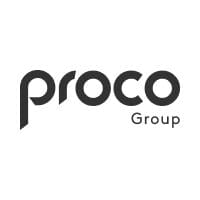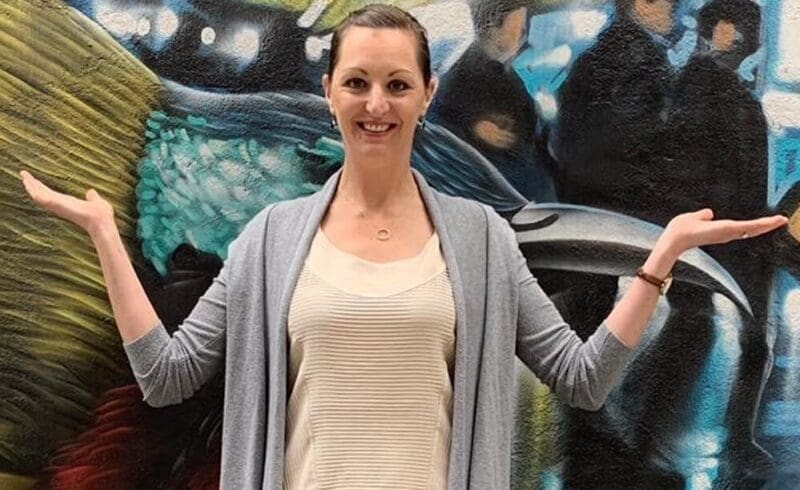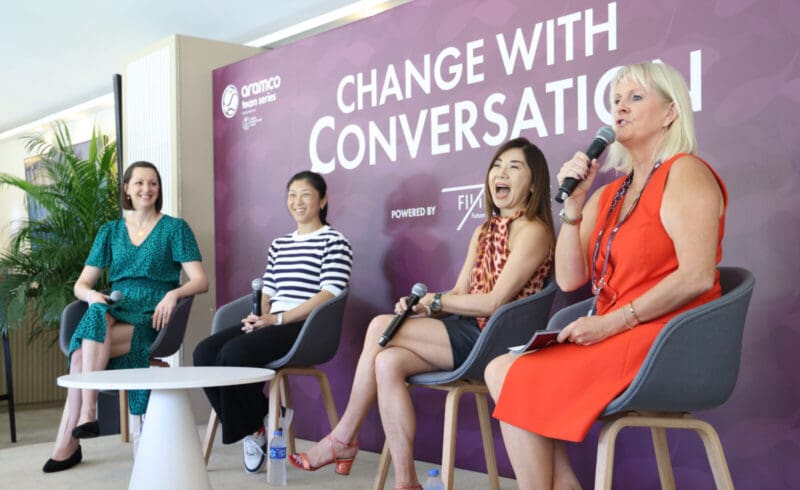For International Women’s Day, we asked our APAC regional Managing Director to think about women in leadership, gender balance and diversity at Proco.
We champion gender balanced and diverse workforce at Proco Group, and it is our responsibility to give our clients a diverse range of candidates.
With every mandate, our consultants work hard to provide a shortlist of individuals who are not only qualified for the position, but who can bring a different perspective to an organisation.
APAC Women in leadership
I work in the Asia-Pacific region (APAC), where we face some specific cultural challenges that we must navigate cautiously when driving the topic of diversity. Of course, we have many clients who proactively or happily discuss diversity throughout the recruitment process, but we still encounter clients who refuse to acknowledge it (or to recognise their bias, whether it is unconscious or conscious). Consequently, consultants see prejudgments made about shortlisted candidates based on a number of factors, including: age, nationality, religion and gender.
I am passionate about addressing and challenging bias in the workforce and know that every individual should be measured based on their skills, experience and merit. While I do not believe in diversity quotas and think that the best person for the role should get the job, I am also aware that we need to look at the bigger picture when hiring. For instance, if a client’s entire leadership team is male of the same nationality/similar age and in isolation the best candidate for the vacancy is also a man of the same description, are they really the best hire? Is there a second or third best option from a skills perspective who might come at problems from a different angle, who could still be effective in the role, but who would add more value to the team/division/organisation as a whole?
These are the tough questions that we need to ask as a recruitment company.
Women in leadership across the supply chain
There are more men working in supply chain than women – that is a fact. Although we try our best, it can be difficult to deliver a fully gender balanced shortlist. Our diversity conversations tend to be more around nationality, visa status and age. An interesting difference that I have found between recruiting in the UK and APAC is that in the UK clients often ask for up-and-coming talent, people who can grow with the business. In APAC, we are regularly asked for people who are over 50, with ‘grey hair,’ which comes from cultural respect for elders and an assumption that someone young could not have adequate knowledge or experience.
We have had great successes when backing candidates who challenge the standard profile; when a client rejects a candidate because of an assumption based on a stereotype, it is important to question it. This happened recently with a client but after we explained why they had been included in the shortlist – highlighting their proactive personality and international view – the client agreed to include them in the interview process and they are progressing well!
As well as the challenges around having enough women in leadership positions, other issues that can come up include religious dress or long-term medical conditions. However, we have successfully placed two individuals with sensitive personal circumstances because we showed the client their proven track records with references that showed these details did not affect their work performance and both are doing very well.
Local vs global experience
We have worked to change the minds of clients who were apprehensive about the local talent pool too. A client suggested that because of the level of experience required, only European candidates would be appropriate for a role based in an Asian country. We submitted a shortlist of five local candidates and they were so impressed that they agreed to interview all of them!
Finally, we have also contested the notion that older candidates are not valuable to a company. We recently placed someone who is 62 into a role based on her track record and because her energy levels mirrored those of the younger candidates that we put forward.
As you can see, encouraging diversity can be a bit of a minefield, but it is our duty as recruitment consultants in a progressive company like Proco Group to practice what we preach. We aim to achieve positive outcomes and I believe that there is nothing more beneficial than helping our clients get not only the best candidate for the job, but hiring someone who can bring innovative thinking to their organisation.
Addressing assumptions
I think it is crucial for recruiters to ask lots of questions, identify when stereotypes or assumptions are made and (sensitively) address them. This takes confidence and often diplomacy, but if we do not provide a diverse shortlist, then organisations will not be able to hire a diverse workforce.
Little-by-little, by putting the right people in front of clients, we will see more companies adopt a gender balanced and more diverse workforce – both in APAC and beyond.
–
Follow us on LinkedIn to keep up-to-date with Proco Group’s latest industry news and insights. To discuss your diversity strategy for hiring, please get in touch with our team.




